.jpg)
Using Continuous Compliance to Build Trust and Open New Markets
Continuous compliance builds trust by showing that a company’s commitment to security, data protection, and clinical safety never stops. It keeps health tech organisations audit-ready, credible, and confident which gives buyers, investors, and regulators the assurance they need to move faster. That trust directly translates into growth. When compliance is continuous, procurement cycles shorten, new partnerships become easier to secure, and the business can enter new markets without delay.
Why Trust is the Foundation of Growth
In digital health, trust is everything. Buyers need confidence that your technology is safe, secure, and compliant with the latest standards. Investors need proof that risks are under control. Regulators need assurance that your organisation can maintain compliance across multiple frameworks.
Achieving compliance once isn’t enough. Frameworks like NHS DSPT, DTAC, and ISO 27001 are designed to evolve alongside new threats and technologies. The NHS continually refines its data protection and cybersecurity standards, while international frameworks like ISO 27001 now follow the 2022 revision which has reshaped controls and expectations for suppliers worldwide. Health tech companies that can demonstrate continuous compliance, not just annual certification, earn a level of trust that directly impacts their ability to sell, fundraise, and scale.
The Limitations of Static Compliance
Many organisations still manage compliance in cycles. They prepare for audits or NHS procurement, complete their evidence pack, and return to business as usual. The problem is that this static approach creates gaps. By the time an organisation updates its evidence, new guidance may already be in place. A new DTAC clarification, a CAF-aligned DSPT requirement, or an amended ISO 27001 control can quickly make documentation outdated.
This reactive model slows everything down. NHS buyers pause procurement until evidence is refreshed. Private healthcare partners request additional verification. Investors hesitate to sign off on funding until the organisation can confirm alignment with the latest standards. In short, static compliance limits credibility and credibility is what drives growth.
What Continuous Compliance Looks Like
Continuous compliance is a proactive approach where every policy, control, and piece of evidence remains live and up to date. It means that when frameworks evolve, your organisation evolves with them. Instead of waiting for an annual review, continuous compliance uses automated compliance software to monitor frameworks in real time. When new guidance is released, the system updates requirements, alerts your team to any new documentation needed, and ensures those updates are reflected across every connected framework.
For leadership teams, that means instant visibility. For buyers and investors, it means confidence that your organisation’s compliance posture is always current, not temporarily certified. Continuous compliance builds momentum. It removes friction from procurement, reduces rework between audits, and frees teams to focus on innovation instead of admin.
Connecting NHS and International Frameworks
Growth in digital health rarely stops at one market. Many health tech companies start by meeting NHS requirements through DTAC compliance and NHS DSPT compliance, then expand into private healthcare where frameworks like ISO 27001 come into play. While these standards differ in scope, their principles overlap. The same security controls, policies, and training records often satisfy multiple frameworks. The problem is that most organisations manage them separately and end of duplicating work, creating inconsistencies, and increasing the risk of gaps.
A connected compliance model changes that. When one control or policy is updated, that change cascades across all frameworks it supports. A single data protection update can satisfy DTAC, DSPT, and ISO 27001 simultaneously. This connected structure eliminates repetition and ensures that organisations can scale into new markets without starting over. It turns compliance from an administrative challenge into an operational advantage.
How Automation Builds Confidence and Saves Time
Automation makes continuous compliance possible. By combining real-time monitoring, alerts, and document mapping, automation ensures that your compliance is always accurate and audit-ready. When frameworks like NHS DSPT, DTAC, or ISO 27001 are updated, automation identifies what’s changed and prompts your team to upload or confirm any new documentation. It then synchronises your risk registers, updates your evidence library, and applies the change across every connected framework.
This approach removes human error, prevents missed updates, and creates a single source of truth for compliance. Automation reduces friction for engineering teams, who no longer need to pause development to update policies manually. It also ensures that compliance supports growth. With automation, compliance becomes a living system that evolves alongside your business.
How Naq Enables Continuous Compliance
Naq’s health tech compliance platform helps digital health companies stay continuously compliant across NHS and international standards. It connects frameworks like NHS DSPT compliance, DTAC compliance, ISO 27001 compliance, and GDPR into a single, dynamic system that updates as regulations change.
When new guidance is released, Naq automatically updates framework mappings, alerts your team when fresh evidence is required, and prompts you to upload or confirm the necessary documentation. It then applies those updates across every connected framework, ensuring nothing is missed and no work is repeated.
With Naq, compliance becomes continuous, consistent, and controlled. Leadership teams gain full visibility of their compliance posture, while buyers and investors see proof of a mature, proactive governance model. This level of readiness reduces risk and builds credibility. And in healthcare, credibility is the key to faster procurement and new revenue opportunities.
Turning Compliance into a Growth Strategy
Continuous compliance maintains and accelerates trust. NHS buyers onboard suppliers faster when they can see live, verified compliance. Private healthcare partners view continuous monitoring as a sign of reliability. Investors see operational maturity that reduces risk and increases valuation. Each of these outcomes fuels growth. Companies that stay continuously compliant spend less time on manual documentation, experience fewer delays in procurement, and enter new markets sooner.
Naq helps make that possible. By automating compliance, maintaining real-time visibility, and connecting frameworks across regions, Naq ensures that compliance supports your company ambitions.
Book a demo to see how Naq helps your organisation build trust and open new markets through continuous compliance.










